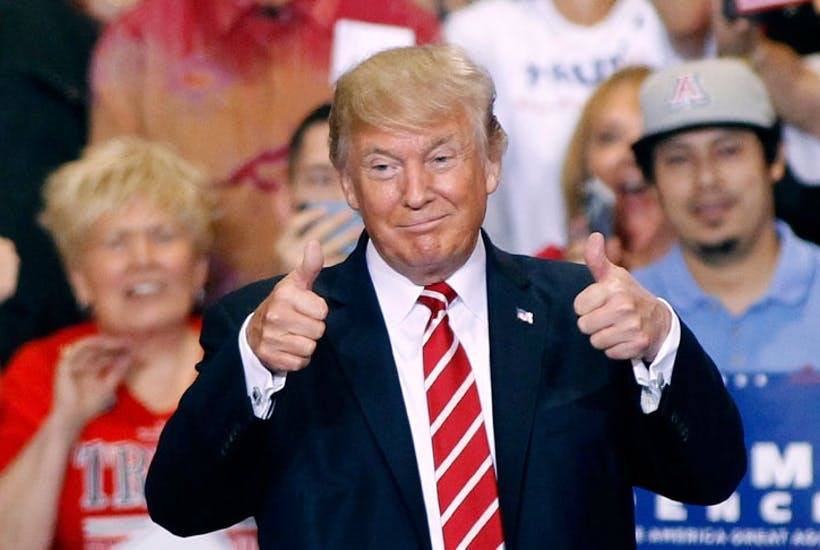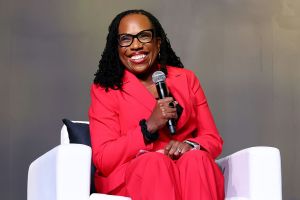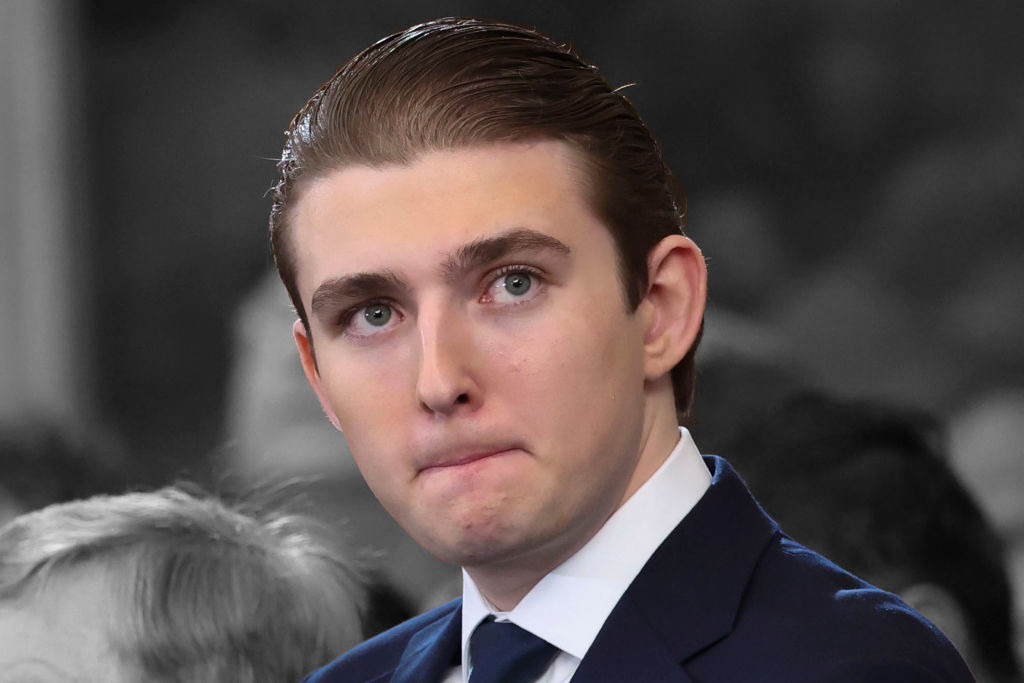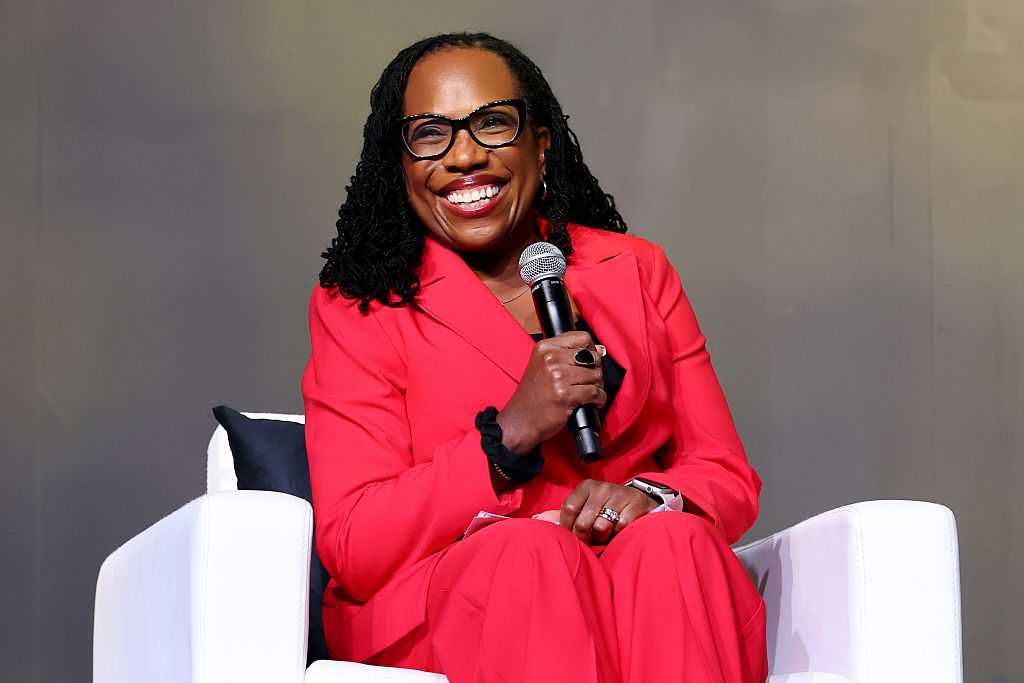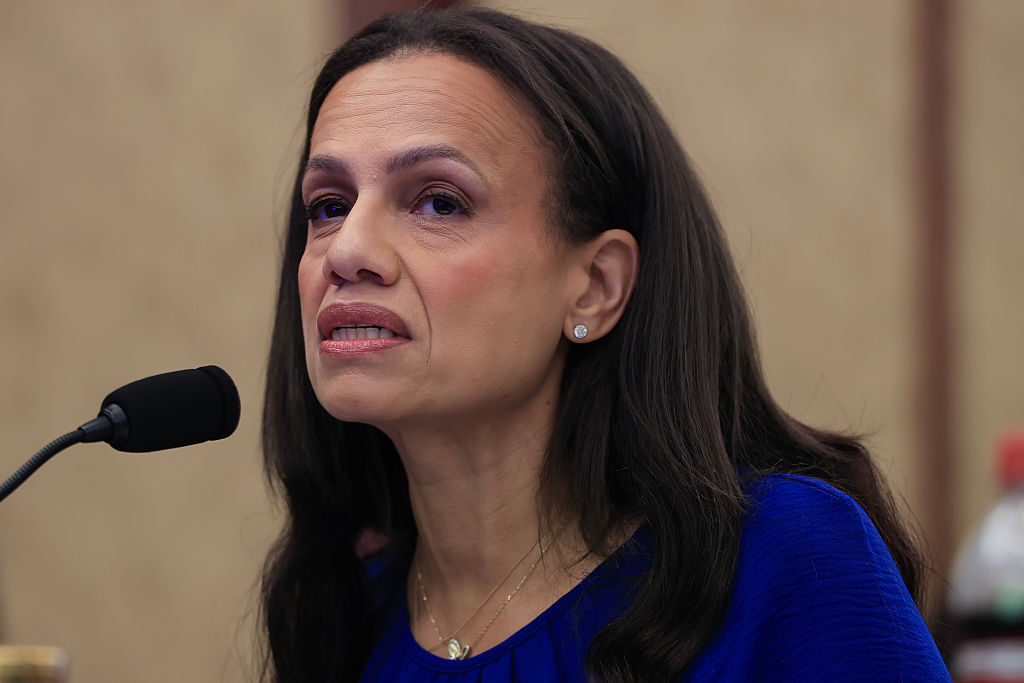If accounts in the press are to be believed, President Trump has reached a fresh nadir.
“These are the darkest days in at least half a year,” reports The Washington Post. “Sources close to President Trump say he is in a bad place,” chimes in the impressively-sourced Axios.
Buried in the Post story is a contradictory take from close friend Chris Ruddy, the Newsmax chief: “I’m bewildered when I see these reports that he’s in turmoil. Every time I speak to him he seems more relaxed and in control than ever. He seems pretty optimistic about how things are shaping up.”
At the end of the day, only the top man himself knows how he’s feeling. But read between the lines, and a compelling antithesis emerges.
The White House is riven by factions, has always been, and this week was ruinous for one faction in particular, which is now furiously leaking against the president. Once you understand that, you can see that the last seven days have in fact been the most successful week of Donald Trump’s presidency.
Elite Washington, as well as New York, is horrified by the president ferociously governing for the first time, in perhaps a year, as the man who won power: as a populist as a nationalist.
Trump’s decision to apply tariffs to aluminum and steel feels like the 2018 equivalent to his attempted travel bans of the early administration: without the mass protests at the nation’s airports.
Importantly, the manoeuvre has crossover appeal to the left and the working class. It is exactly what made Trump such a compelling politician– and electorally undefeated. Many leftist friends privately confess pleasant surprise at the move. A writer at the Economic Policy Institute, founded by Robert Reich and Robert Kuttner, among others, favorably reviewed the move.
Read closer.
Headed for the exits: H.R. McMaster, the establishment-adored national security advisor, Gary Cohn, pilloried as “Globalist” Gary on Breitbart, Hope Hicks, and yes, maybe even Jared Kushner and Ivanka Trump. Kushner, an ex-New York Democrat with the economic impulses of a financier and the foreign policy impulses of the Project for the New American Century, has been the subject of the most horrid torrent of stories this week I’ve seen befall any senior administration official.
If reporting is to believed, manipulating Kushner’s perceived naivete and apparently compromised financial position was a matter of national policy for at least four countries, some of which mean to do America harm. Kushner is greatly diminished in the White House.
At the same, John Kelly, the recently beleaguered chief of staff, is now consolidating. He has shown time and again that his politics more closely mirror the nationalist-populist impulses of his superior than was originally understood (sources close to Kelly from his time as U.S. Southern Command chief have long told me he’s a hardliner- he willingly signed up to be the executor of Donald Trump’s immigration policy and believes Latin America is on the verge of collapse).
Down but not out: Jeff Sessions, the attorney general and godfather of the movement that elected Trump president.
Monopolizing immigration policy: Stephen Miller, Sessions’ former right hand man.
And shooting through the ranks: Wilbur Ross, a protectionist and a China hawk, and Peter Navarro, the recently-promoted China uberhawk and tariff enthusiast. A Wall Street source tells me Navarro, who had his office moved from the White House to the less glamorous Executive Office Building late last year, may as well walk back in the West Wing and take Cohn’s office.
A source of mine in the White House is as upbeat as I’ve ever seen him. Navarro received a hero’s welcome this week on Tucker Carlson Tonight, the preeminent intellectual platform of Trumpism the ideology. Carlson riffed against congenital Trump antagonist Sen. Ben Sasse: “Many Republicans were caught by surprise. Several, like Nebraska Senator Ben Sasse, denounced the move, saying free trade policies are superior, because they have done so much for the Midwest.”
Being rehabilitated: Stephen K. Bannon, subject of a favorable profile in GQ and on the cutting edge of his movement’s politics in Rome. He has also been the beneficiary of nearly two months radio silence: he’s no longer getting publicly castigated by the president. Bannon told me he’s thrilled with the tariffs.
Realpolitik is also at play. Conservative standard-bearers such as Hugh Hewitt or Lawrence Kudlow are horrified and startled by the move. But the former opposed Trump deep into the 2016 campaign. And his policy platform isn’t the one that gave America a Republican White House.
It was the economic nationalist message that delivered Trump Pennsylvania, Michigan, Ohio and Wisconsin, a previously unimaginable political coup for the GOP. Can Trump go back to those voters in 2020 with a pure message of tax cuts that disproportionately aided the rich? He has apparently determined he cannot. The move was also apparently motivated out of concern that the GOP will potentially lose Pennsylvania’s 18th Congressional district.
And make no mistake, Trump is now ramping up for 2020: Newt Gingrich hails this week’s announcement of Trump’s reelection campaign, and the hiring of rising star Brad Parscale as its chief.
Gingrich isn’t the only old friend with a reemergent profile. Rudy Giuliani dined with the president in Florida Friday night. And Chris Christie had the gumption on the American Sunday show circuit to suggest that Hicks leaving is a good thing, and to all but explicitly say that Kushner, his old rival, and Ivanka should get out of town.
Trump could also be very deftly handling gun control. Supermajorities of Americans want to see something done, and he has shown startling flexibility to make that happen. It may upset a core constituency, but Trump has correctly inferred that it’s a near impossible political position for his party to continue being the exclusive political owners of horrifying American bloodshed: the Florida shooting has been a touchstone cultural moment. The president has also, slyly, partially shifted the conversation to regulating grotesquely violent video games. And core supporters are telling him it’s far more important that he toe the line on immigration, which, with some hiccups, he has more or less.
Further, another cause for quiet celebration in the Oval Office this week is the fact that scores of Americans got paid: the last day of the month. The tax bill was imperfect, but most Americans are seeing more money in their bank accounts, week in and week out.
Trump’s approval rating is as high as 45 percent, if Harvard University is to be believed. That’s firmly in re-elect territory, if Barack Obama in 2012 and George W. Bush in 2004 are models. If the Russia investigation continues to sputter, and recent indications are that it will, Democrats will have to unite their coalition around something other than Russiagate, which has always been partially about: avoiding open war between identity-oriented, urbanite elite and the American Left’s emergent socialist wing.
Last year, Trump skipped both staples of the early spring social schedule in Washington: the Gridiron dinner and the White House Correspondents Dinner. Saturday night, he felt confident enough to attend the former, and joke about himself, something he has shown increasing willingness to do publicly (see: his CPAC speech). He has cause to be grinning.



